
Hiking the ‘W is a must do for all backpackers who manage to make it that far south. In our opinion, most do it in a way that is either more expensive or more work than necessary. Below is what we did, then some suggested changes to our path to maximize your enjoyment and minimize your time and expense. Doing this trek in 5 days, if you are a regular hiker, to me, is downright silly. If you want to do a longer hike, with less people, do the circuit.
Access: To Puerto Natales there are daily buses from Rio Gallegos and Peritto Moreno (El Calafate)in Argentina. From Puerto Natales there is a twice daily bus, making the several hour trip from town to the park, the first leaving in the morning around 8am and the second leaving around 2pm. Both buses pick hikers up for the return trip from the park to town.
Our time in Torres del Paine:
 Day 1: We arrived on the morning Puerto Natales bus and made it to the start of the trail around the middle of the day. We set out immediately hiking all the way up the first leg of the ‘W’ to the Torres themselves and then back down again and almost to the second leg of the ‘W’. We slept that first night in Refugio Los Cuernos. Many would do this portion over two days but traveling with minimal gear we were able to make it with relative ease. Camping there and using the hut’s supplies rather than our own cost a couple of dollars extra but given that we didn’t need to rent equipment in town, this balanced out. It is important, even during low season to have a reservation if your planning to rent equipment. We made a reservation and they still didn’t have enough sleeping bags to go around! Plan ahead!
Day 1: We arrived on the morning Puerto Natales bus and made it to the start of the trail around the middle of the day. We set out immediately hiking all the way up the first leg of the ‘W’ to the Torres themselves and then back down again and almost to the second leg of the ‘W’. We slept that first night in Refugio Los Cuernos. Many would do this portion over two days but traveling with minimal gear we were able to make it with relative ease. Camping there and using the hut’s supplies rather than our own cost a couple of dollars extra but given that we didn’t need to rent equipment in town, this balanced out. It is important, even during low season to have a reservation if your planning to rent equipment. We made a reservation and they still didn’t have enough sleeping bags to go around! Plan ahead!
 Day 2: We had planned to get up early and hike either the second or the third leg of the ‘W’ and get to the ferry to return to the bus to return to town in the early afternoon. As I’d started the trek with a cold we decided to just walk to the ferry at Lodge Paine Grande, but this was only because of my failing health, not lack of time. Had I started the trek healthy and we gotten up and began our walking at first light we would have been fine to do at least another leg of the W.
Day 2: We had planned to get up early and hike either the second or the third leg of the ‘W’ and get to the ferry to return to the bus to return to town in the early afternoon. As I’d started the trek with a cold we decided to just walk to the ferry at Lodge Paine Grande, but this was only because of my failing health, not lack of time. Had I started the trek healthy and we gotten up and began our walking at first light we would have been fine to do at least another leg of the W.
Other options:
 One Day Hike: Not as hard as it seems. Take the afternoon bus from Puerto Natales and overnight at the first camp, staying comfortably in their lodge or huts. Begin walking before first light and you’ll have more than enough time to do the whole trek and make it to the Lodge Paine Grande camp at Laguna Azul before dark, spending a second night there and either taking the ferry the next day or walking to park headquarters to catch the bus back in the morning. This could be done in reverse as well. This is for seasoned hikers only who know what they’re doing. If there is a sudden change in weather you will likely need to alter your plans dramatically and you need to be prepared for that.
One Day Hike: Not as hard as it seems. Take the afternoon bus from Puerto Natales and overnight at the first camp, staying comfortably in their lodge or huts. Begin walking before first light and you’ll have more than enough time to do the whole trek and make it to the Lodge Paine Grande camp at Laguna Azul before dark, spending a second night there and either taking the ferry the next day or walking to park headquarters to catch the bus back in the morning. This could be done in reverse as well. This is for seasoned hikers only who know what they’re doing. If there is a sudden change in weather you will likely need to alter your plans dramatically and you need to be prepared for that.
Two nights on the Trail: This is probably the best option for doing the entire trek with minimal time, expense, and discomfort. If you do your first day as we did above, then you can make an easy second day viewing the second leg of the ‘W’. Get up early the third day to visit the final leg or make a longer second day and do both legs there. Whichever way you divide the final two legs, plan to spend the second night at camp. Had I been healthy we would have gone with this option
Tips:
You can pay to stay in the huts or in the hut campsites. Equipment is available for rent within the park for camping, more expensive than in town but you don’t have to carry it, or just stay in the dormitory or the refugios. Full board can be purchased at each hut as well so if you don’t want to carry your food either, you don’t have to. When we were there everything for purchase was cheaper if paying with U$D rather than Chillean Pesos so ask in town before departing. All itineraries above can be done in reverse.
Be sure to take care of yourself while there, use the long days to pack in extra miles but don’t forget to go to sleep. Here’s a picture of the Torres del Paine National Park Topo hiking map:

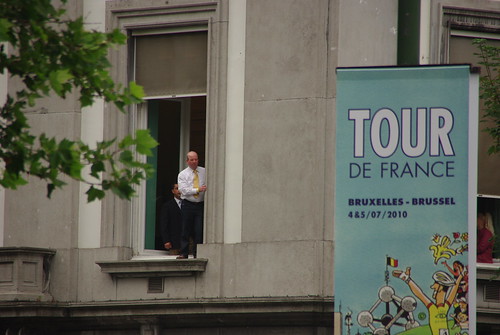

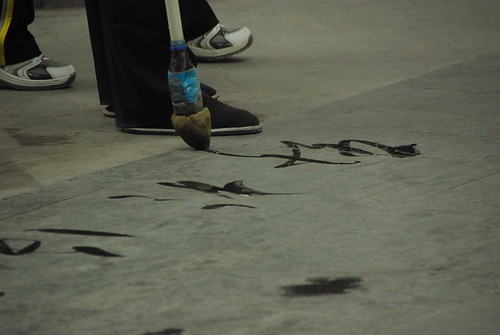
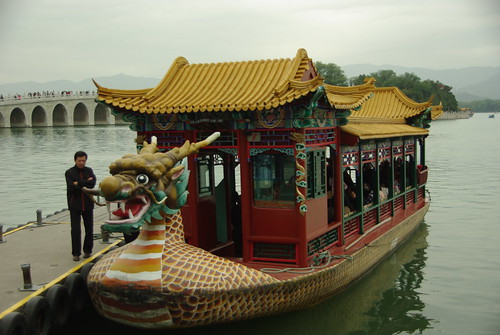
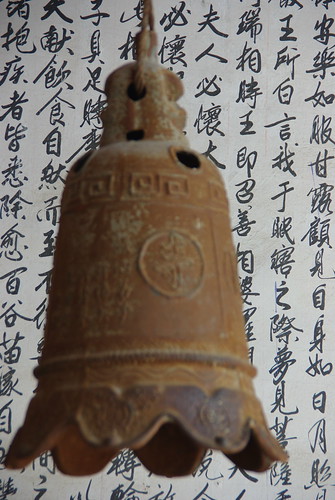
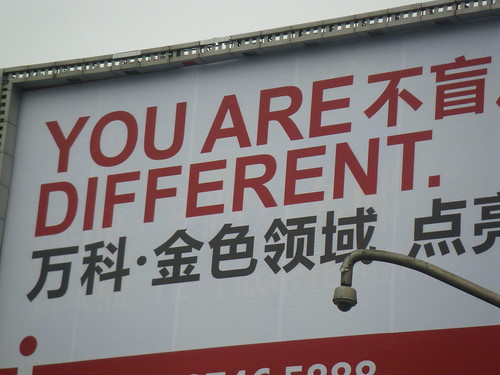
Recent Comments